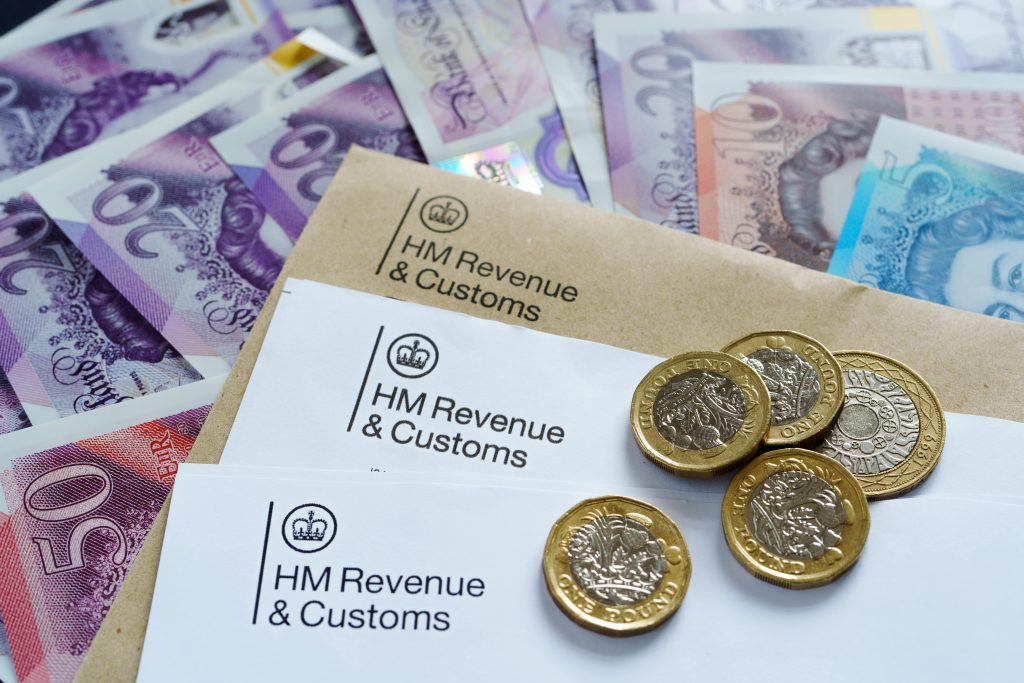The surcharge ban means the majority of SMEs will no longer be allowed to add charges to the headline price of goods and services supplied to consumers known as surcharging if those charges are related to the use of any of a number of specific payment methods.
The change will impact the thousands of SMEs which currently, under the Consumer Rights (Payment Surcharges) Regulations 2012 (CCR’s), pass on charges that genuinely reflect their costs.
Why the surcharge ban now?
The legal background to this change is the need for the UK to comply with the Second EU Payment Services Directive (PSD2), but the underlying reason for the surcharge ban is the clear level of consumer dissatisfaction with what have long been considered “hidden” charges.
These are fees which often only become apparent to customers after they have effectively committed themselves to a purchase, even if it can technically be argued that they are not yet contractually bound.
Much of the publicity on this surcharge ban subject has focused on the longstanding business practice of recharging the fees, which businesses are themselves charged for allowing their customers to pay by credit card.
Since April 2013, businesses have been prevented from recharging more than they are themselves charged. Now CCR’s have been amended to introduce a surcharge ban which goes far wider than this.
Indeed, the extent of the new surcharge ban is wider than that set out in PSD2, extending to cover a range of payment methods, including debit cards, direct debits, online/telephone banking transfers and similar arrangements such as PayPal.
Areas excluded from the surcharge rules and advice on how to approach
Essentially, the only common consumer payment methods which are not affected by the new ban are cash and cheques.
Commercial payment methods are not subject to an absolute ban, although they will now be caught by an excessive surcharge ban, similar to that which already applies to consumers, if they involve a “payment service” again, the main exceptions will be cash and cheques.
As a result, it will still be permissible to surcharge transactions which involve commercial payment methods, but care needs to be taken when doing so. It isn’t the nature of the underlying transaction that makes the difference; it’s the nature of the payment method.
If, for example, an individual makes a purchase with a credit card, the fact that this may be a genuine business expense will be irrelevant; the surcharge ban will apply if they use a personal card, but will not if they use a business card.
Furthermore, the surcharge ban does not outlaw any form of surcharge; only one imposed for the use of a particular payment method. Accordingly, an administrative/booking fee which is payable by all customers regardless of the means of payment will be unaffected.
It is likely that some businesses will try to rebrand their existing surcharge arrangements and extend them to cover a wider range of transactions. Again, though, care will be needed.
For example, the unaffected payment methods of cash and cheques are unlikely to be used for online transactions; as such, the CCR enforcers (usually Trading Standards) may feel that a surcharge nominally described as an “online transaction fee” is in practice a payment surcharge, because online transactions will inevitably involve an affected payment method and are unlikely to involve any other identifiable expense which would justify the fee.
Mitigating the impact
It seems likely that many SMEs will consider putting up prices as there is no doubt that businesses do face extra charges when someone pays by credit or debit card. What is abundantly clear is that card payments are here to stay and usage will only increase as consumers move away from cash to contactless transactions.
Thus, I would advise all SMEs to build the annual costs into their overall business costs and margins.
Looking ahead
I would expect surcharges to come under increasing pressure from consumer groups. Most of the stated justification for the introduction of the PSD2 and CCR approach to surcharges centred on the perceived need for businesses to incorporate their overhead charges within the headline price for goods and services.
As such, although a flat “booking fee” may not be caught by the new regulations, it is likely that any such form of surcharging will become increasingly unacceptable, unless signposted so as to make it impossible for it not to be clear to any consumer from the start.
SMEs also need to bear in mind that the increasing number of overlapping requirements in this area, including the wider restrictions on “unfair trading”, may sooner or later mean that the inherent risks involved in any form of surcharging arrangement will outweigh the commercial benefit involved.
Richard Humphreys is a partner in the Banking and Finance team at law firm Blake Morgan
 Card surcharges cost £10bn in shopper walkouts since ban announcement
Card surcharges cost £10bn in shopper walkouts since ban announcement
Despite a ban coming into place in January, some 42 per cent of UK shoppers are still met with surcharges when paying for goods in small businesses.



 Card surcharges cost £10bn in shopper walkouts since ban announcement
Card surcharges cost £10bn in shopper walkouts since ban announcement




















































































































































